Dominican Republic
Total Projects: 151
Project Spending: $223,867
The Caribbean’s largest sovereign economy, the Dominican Republic is home to a largely mixed population descended from African slaves and Spanish colonists as well as some vestiges of the region’s indigenous Taino people. The country struggles to reconcile extreme social inequality, corruption, and widespread poverty with its relatively successful economic transition from agriculture to services and tourism, the latter comprising one fifth of the Dominican GDP.
Emerging from decades of dictatorial rule, the Dominican Republic has made significant gains in developing competent social institutions but shortfalls are readily apparent. While the number of Dominicans living in severe poverty has sharply decreased, relative poverty is extremely common. One third of Dominicans live below the national poverty line and 21% of Dominicans live near the threshold of multidimensional poverty (UNDP). Unlike many other developing nations, most poor Dominicans live in urban areas although rural poverty and isolation, especially in remote campos and bateyes, remain considerable challenges. A minority of poor Dominicans complete high school and levels of academic achievement are low relative to economically comparable countries. Those on the margins of society suffer from a lack of consistent access to clean water, shelter, medical care, education, sanitation, public safety, and electricity. The Dominican Republic has a high rate of violence against women and is experiencing a femicide epidemic. Most of these crimes are never reported and the group at greatest risk is women aged 15-24. Further, one in four Dominican women is or has been a teen mother, one of the highest rates in Latin America, which limits opportunities for women and girls and traps them in cycles of intergenerational poverty. In addition, a long history of protracted ethno-national tension between ethnic Haitians (including those born in the Dominican Republic) and ethnic Dominicans has led to widespread anti-Haitianism that has facilitated the marginalization of people of Haitian descent, forcing them to the extremes of Dominican society as they struggle with grinding poverty, state-sanctioned displacement, summary deportation, and denial of their most basic rights.
Discover Projects in Dominican Republic
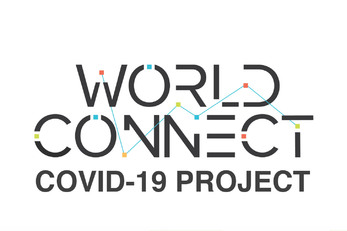
COVID-19: Digital Prevention Education & PPE
Seeds of Change
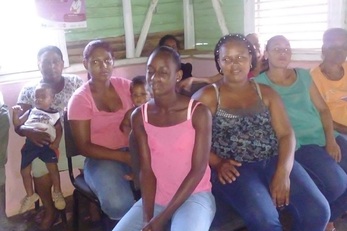
Building Latrines in Rincon Claro
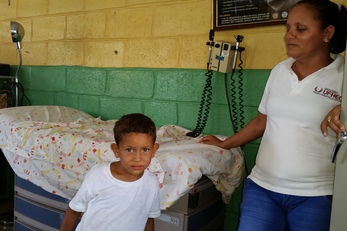
Community Health Clinic in Cruce de Arroyo Hondo Expansion
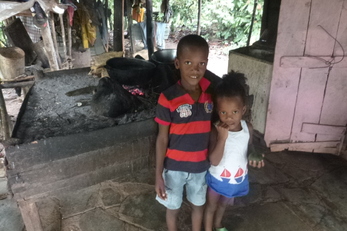
Improved Cook Stoves
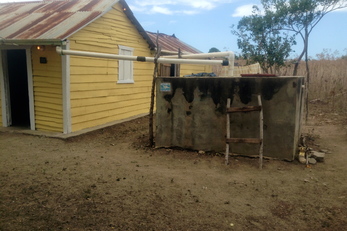
Water Security in Rural Dominican Republic
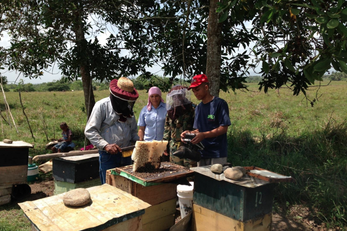
Mobile Honey Extractor
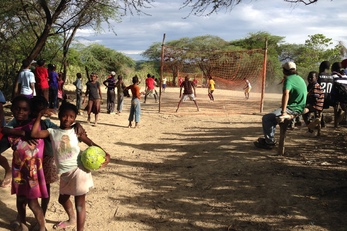
Supporting Sports and Healthy Lifestyles in Hato Viejo

Water Storage Tanks

Bringing Water to La Finca
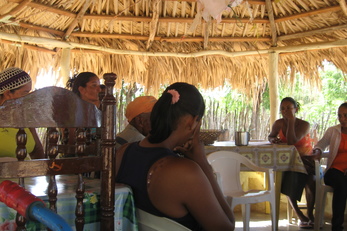
Bio-Sand Water Filters to Provide Families with Safe Drinking Water
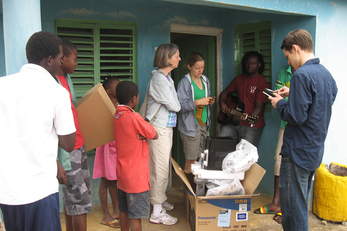
Project Upbeat
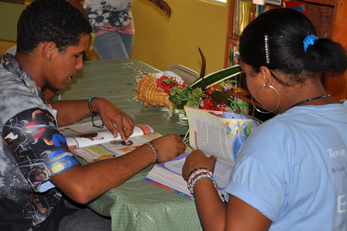
Punta Rucia Library Project
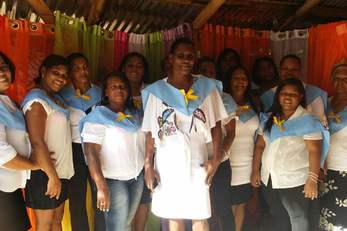
Increasing skills and economic opportunities for the women of Las Galeras through technical training
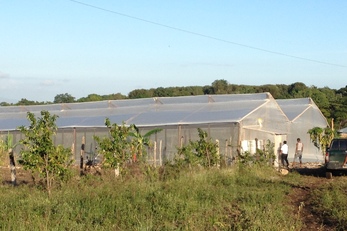
Greenhouse in the Dominican Republic
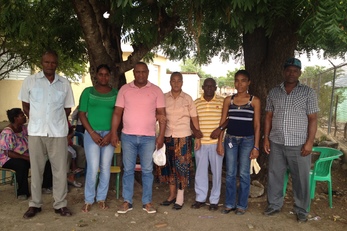
Revitalizing the Community Center of Sabana Larga
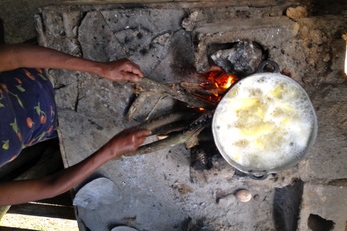
Improved Cookstoves: For the Cure of Respiratory Illnesses and Care for the Community Environment
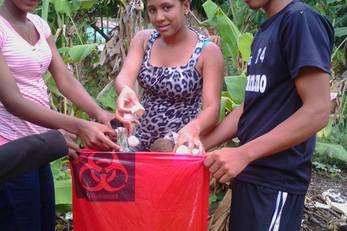
Dominican Republic Provincial Health Promotion Network
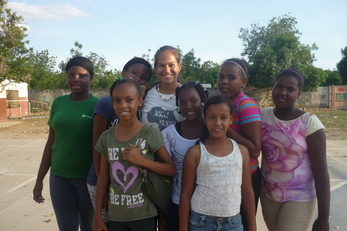
Torneo de Volibol Sirve con Fuerza
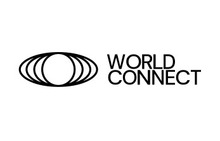
Community Health Clinic in Cruce de Arroyo Hondo
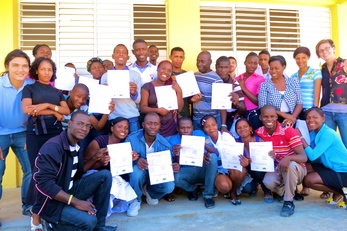
Declaro Mis Derechos
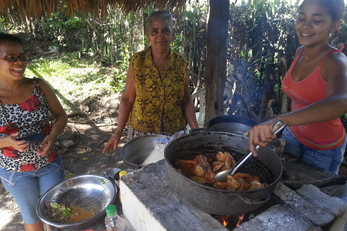
World Connect Ranchito de los Peralta
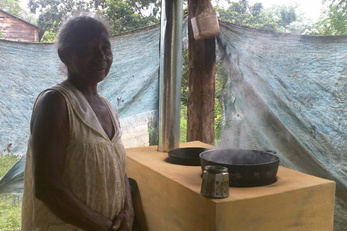
Healthier Cookstoves with World Connect
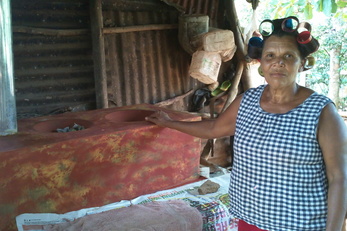
Fogones Mejorados- Improved Cook Stoves- World Connect
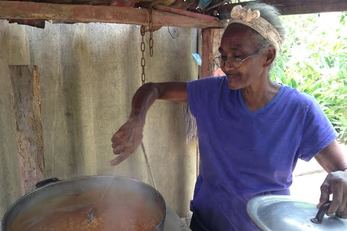
World Connect Improved Cookstoves in Copey

Improved Cookstoves Project

Improved Cook Stoves (Fogones Mejorados) - World Connect
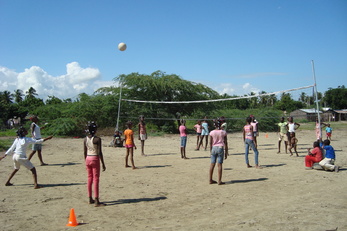
Batey Altagracia: Youth Volleyball

Comumidad Prospera: Centro de Internet Nucleo de Techologia Repoening

La Reserva Cocoa

Activity Conference for Parents

A Healthier Home and Environment: Improved Cookstove Project

Market Ready

Improved Cookstoves, Clavellina de Dajabon, Dominican Republic

A Place to Play

A New Hearth, and Healthier Home: Smoke Reducing Cook Stoves and Culinary Classes

Declaro mis Derechos: Documentation Promotor

Stoves Project for El Cacheo

Enhancing rural education

Improved Cook Stoves

Advance the Green Brigade -- Ecological Education for Dominican Youth Multipliers

Fogones Mejorados en La Maguana

Documentation Promotores Program

Rebuilding the Environment

Los Callejones NW Sanitation Project

Los Callejones NW Sanitation Project

Fortalecer pa' Crecer

Culinary Activism: Cooking a Coral Reef Threat (Activismo Culinario: Cocinando una Amenaza del Arrecife)

Los Cientificos Locos (The Mad Scientists)

Fogones Sanos, Vidas Contentas (Healthy Stoves, Happy Lives)

Kids Tire Park

Manos Maenos en Mocion (Mao Hands in Motion)
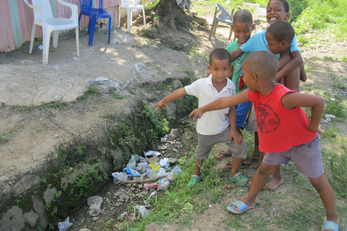
Peaking Pico

Take it to the Zafacon!: Introducing Sustainable Trash Management Practices Through Art
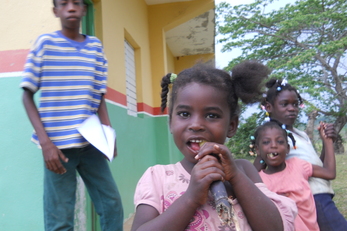
A New Lease On Life

Arts, Crafts, & Murals, Galore!

Suenos del Manana (dreams of tomorrow)

Aventura Arrecife Coral (Coral Reef Adventure)

Healthy Girls make Healthy Women

Jovenes que Ensenan, Ninos que se Educan (JENE)/ Youth Teach, Kids Learn
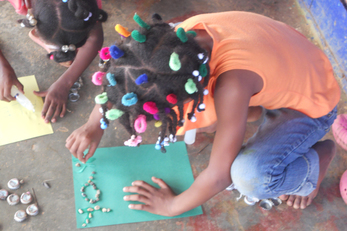
Summer of Fun!

Parque Infantil Suny Ortiz (Suny Ortiz Children's Park)

Limpieza de las Lagunas

El Movimiento Verde- Going Green in Batey 6!

Outrageous All Arts Camp For the Shining Young Girls Group of Loss Galeras

Latrines and Cholera Prevention for Aguas Negras

Sirve con Fuerza

Muchachos de los Macos

Superstars de Manabao

Proyecto AndArte

Keeping It Green!

Esnorkeling with Jovenes Verdes

Futuras Verdes por la Fronteriza

Passport to the World

Brigada Verde en Las Auyamas

Crezco con Arte (I Grow with Art)

Batey Cachena

Celebrando El Mundo (Celebrating the World)

The Magic School Bus
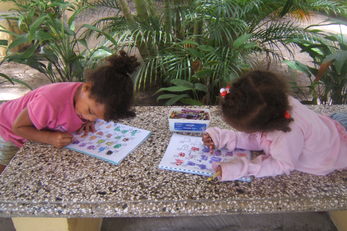
Kids' Club

Dia de las Donas Women's Exchange and Workshop

Engineering a Brighter Future! (The Young Dominican Engineers Club)

Playing Field as a Life Teacher

The Green Brigade Youth Group and Camps

El Paridense Community Magazine

Brigada Verde Gaspar Hernandez

Restauracion wants to read

All Roads Lead to Green

Knowledge is Power

Community Library

Estrellitas de Oro Art Camp

Documenting Dreams

Centro de Promoción Comunitaria (CEPROCO)

Community Women's Group of Los Blancos

Recreo, Expresion, y Desarollo “Recreation, Expression, and Development” (RED)
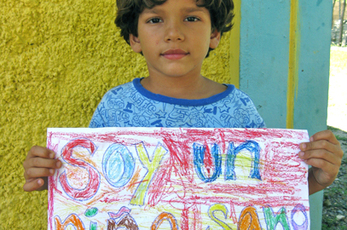
Somos Promotoritos
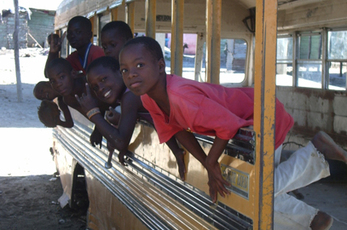
Recyclopedia

Fortalecimiento del Eco Club Cambita
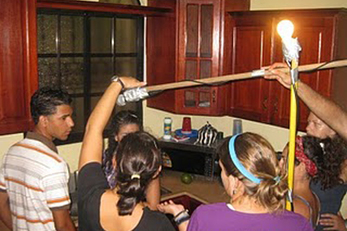
Telenovela for Teens!
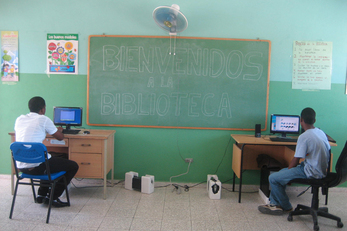
Canoa's Public Library
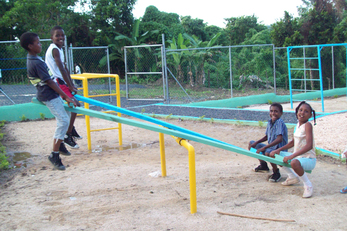
Sports, Health and Leadership: The Experiment! Deportes, Salud, y Liderazgo: El Experimento!

REVIVING THE ARTS: HIGUERITO ART CAMP
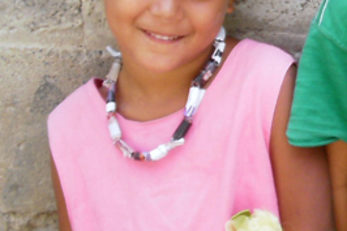
Ya Tu Sabes! (Yeah, you know!)

Viva Vicentillo!
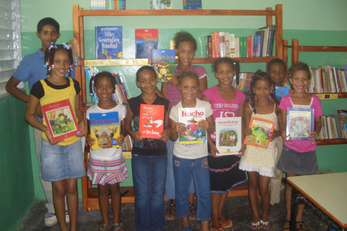
Promoting Education in the DR
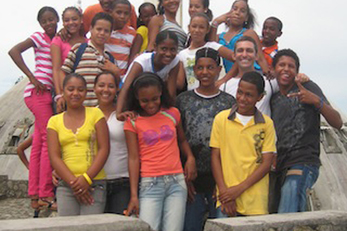
Brigada Verde
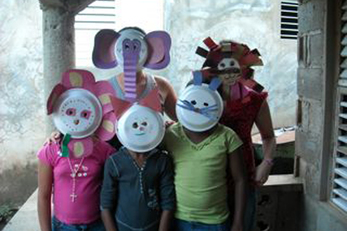
El Parte de Arte en Nuestro Mundo (Art's Part in Our World)
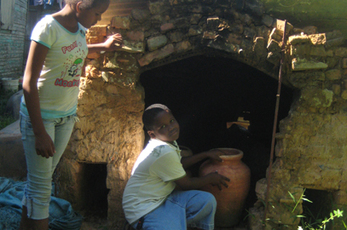
Arte Cultura Boruga
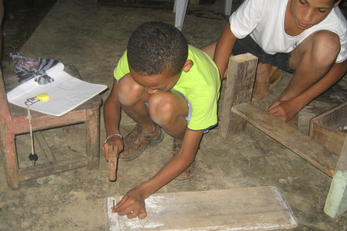
Environmental Education
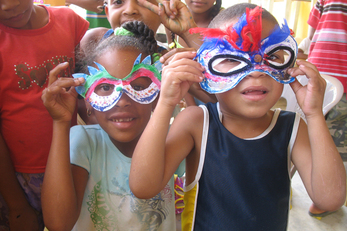
Clase de Arte
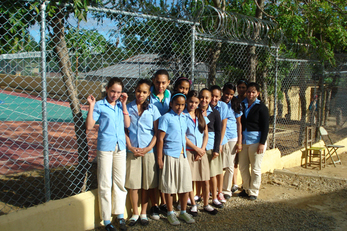
Volleyball for Life Fitness

Drawing Your Dreams
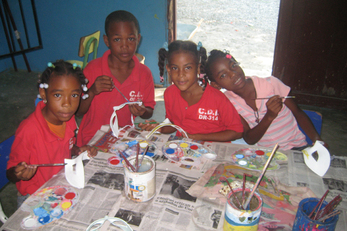
Promoting Individuality Through Art
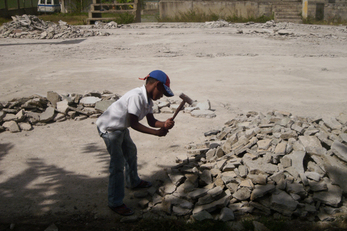
Three Pointers of Awareness
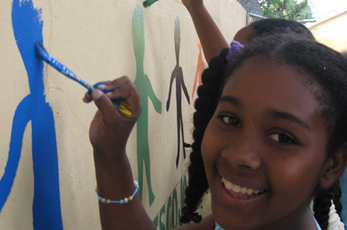
Los Arroces Murals
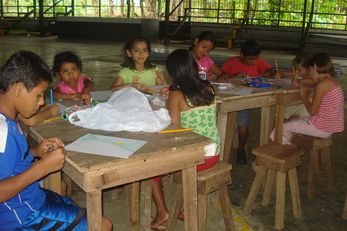
Arte para la vida
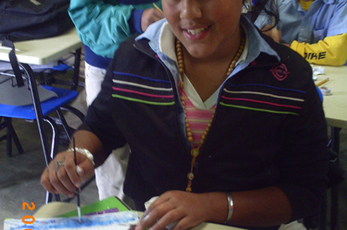
Building Creative Minds
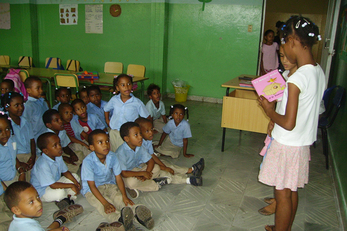
Proyecto de Estrellas
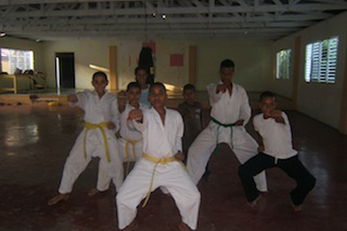
TaeKwon-Do Club
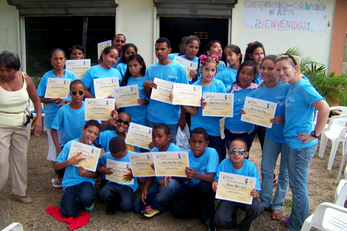
Public Library in Higuerito
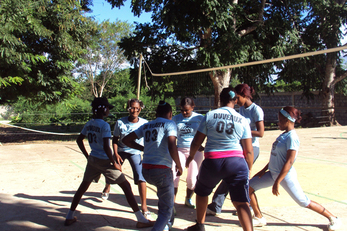
Sirve con Fuerza: Regional Volleyball Tournament
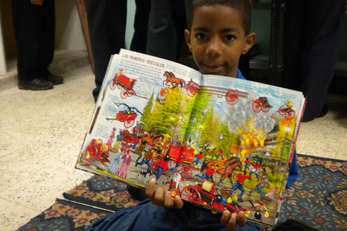
Engaging Minds Center
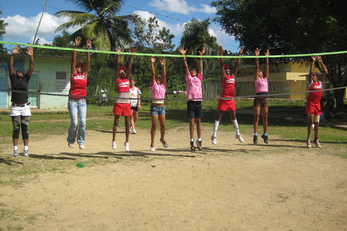
Ser Mujer

We Paint our Dreams!

Bananas in Art
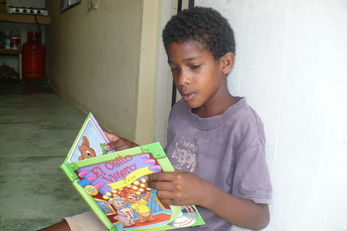
Las Delicias Community Library Project
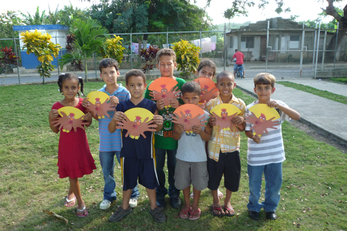
Creative Learning Space and Resource Room
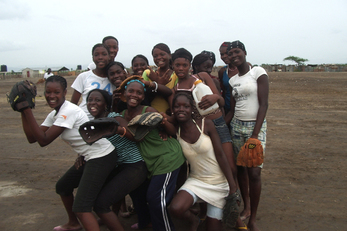
Batey Ocho Softball Team

Leer para Vida La Biblioteca de Escalera Arriba
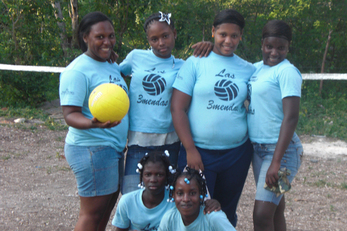
Volleyball Team Duveaux
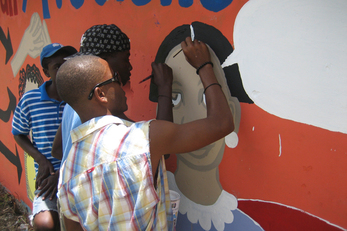
Community Health Mural Project

Escojo Mi Vida Library Project
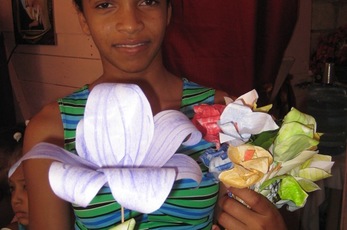
Brigada Verde Bird Guides

Painting Workshop

Jump Start Volleyball
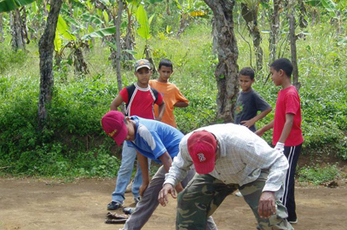
Be Healthy, Play Ball!
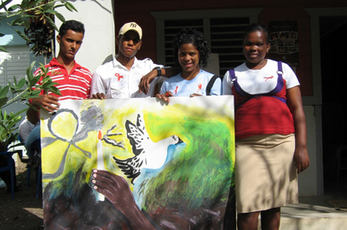
10-Week Art Immersion
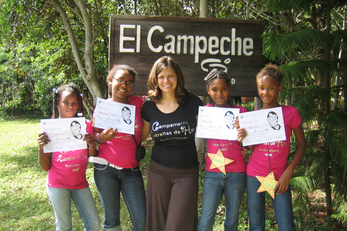
Camp Glow (Girls Leading Our World) II

Bi-National Soccer and Creative Arts Camp
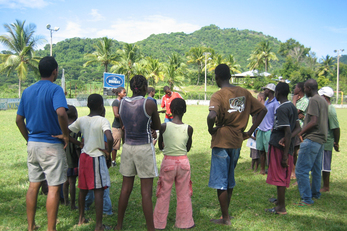
MamaMalta- Escojo Mi Vida

La Peñita Baseball Team

Art Camp - Aguas Negras
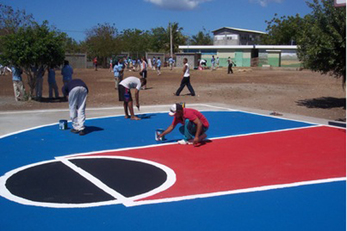
Art In Bani!

Urgent Needs Latrines, La Vigia and Colonia Japonesa

Urgent Need Latrines, La vigia and Km. 4

Building Latrines in a Provincial Capital: Attending to Sanitation Needs in San Jos
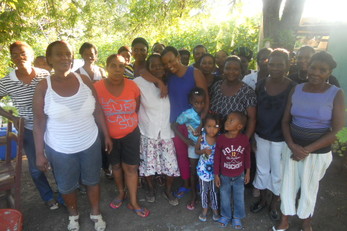
El Limonal Latrine Building Project
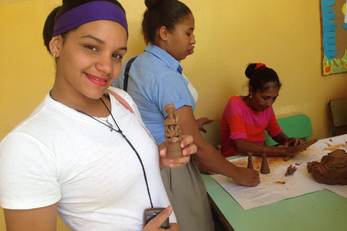
Improving Efficiency of Artisan Operations in Higuerito

Building an Eco-Friendly Community: Construction of 12 Eco-Latrines in Las Galeras, Samana

